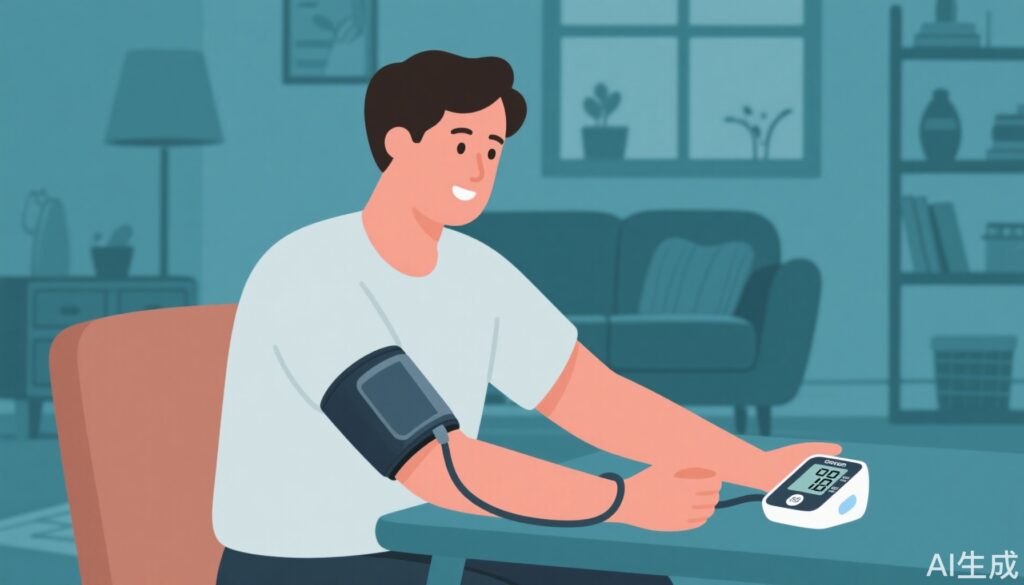Introduction
High blood pressure (hypertension) is a chronic condition requiring careful management. Many patients wonder if they can stop their medication once their blood pressure returns to normal. This article explores why stopping medication without medical advice is generally discouraged and highlights the role of continued treatment and lifestyle adjustments.
Why Stopping Medication Suddenly Is Risky
Antihypertensive drugs work by continuously regulating blood vessel tension and fluid balance. Suddenly stopping these medications can lead to a rebound increase in blood pressure. For example, calcium channel blockers maintain relaxed blood vessels by blocking calcium channels, while angiotensin-converting enzyme (ACE) inhibitors reduce blood pressure by inhibiting the renin-angiotensin system. Abrupt withdrawal removes these controls, risking dangerous spikes.
The Role of Lifestyle Changes
Long-term lifestyle interventions such as a low-sodium diet and regular exercise are essential complements to medication. Sodium intake should be limited to less than 5 grams per day, and patients are encouraged to engage in at least 150 minutes of moderate-intensity aerobic exercise weekly. While beneficial, these measures alone often cannot fully replace the effects of medication.
Long-Term Effects of Hypertension on Blood Vessels
Chronic high blood pressure can damage the endothelium (inner lining) of blood vessels and cause arterial stiffening. Even when blood pressure is temporarily normal, structural vascular changes may persist, requiring months or years of stable blood pressure to allow gradual repair through a process called vascular remodeling.
Individual Differences in Medication Dependence
Patients vary in their dependence on medication. Some with secondary hypertension may reduce or stop drugs if the underlying cause is addressed. However, most with primary hypertension require lifelong treatment. Factors including age, coexisting conditions, and genetics influence decisions about medication adjustments.
Risks of Uncontrolled Hypertension
Uncontrolled high blood pressure increases the risk of severe complications such as stroke and myocardial infarction. Studies show that lowering systolic blood pressure by 10 mmHg can reduce stroke risk by approximately 30%. Stopping medication without guidance removes this protective benefit and increases health risks.
Monitoring and Medical Guidance
Hypertension patients should regularly monitor their blood pressure under medical supervision. Treatment adjustments should be based on dynamic blood pressure tracking and assessments of organ damage. Patients should record home blood pressure readings at least three times per week and share these with their healthcare provider.
Daily Care and Precautions
Maintaining a low-fat, low-salt diet and including potassium-rich foods like bananas and spinach supports blood pressure control. Avoiding late nights and emotional stress is also important. Seasonal precautions include keeping warm in winter to prevent vascular spasms and avoiding excessive sweating in summer to prevent electrolyte imbalances. Patients with diabetes or kidney disease require stricter blood pressure targets, typically below 130/80 mmHg.
Conclusion
Stopping hypertension medication on your own after blood pressure normalizes is generally not advisable. Effective management combines medication, lifestyle changes, and regular monitoring under professional guidance to reduce risks and promote vascular health.


